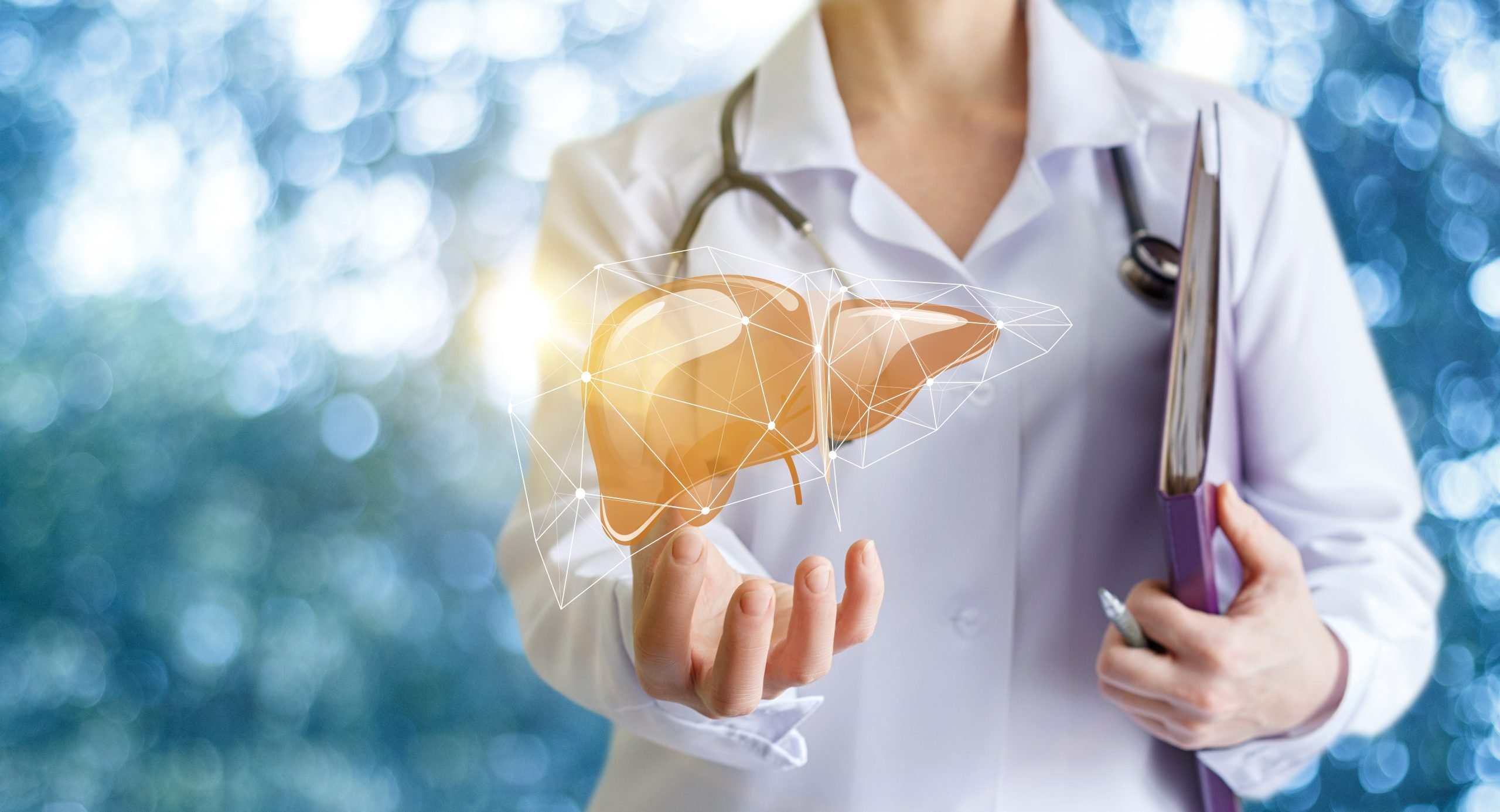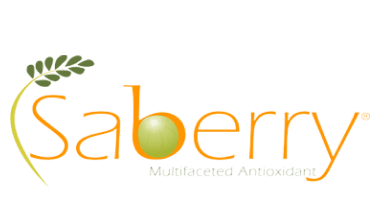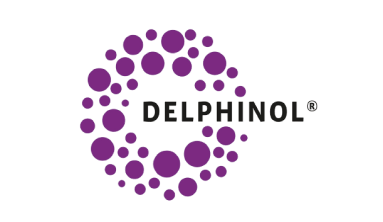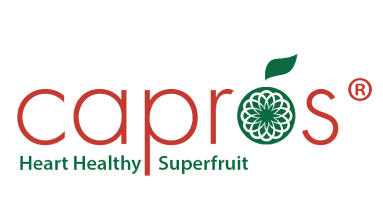Nutrition21's Chromax ® is superior to other forms of chromium due to its stable chemical structure and superior absorption profile,...

LIVER HEALTH
LIVER HEALTH
Liver health is the state of your liver, a vital organ that helps your body detoxify, metabolize, and store nutrients.
Synonyms
Goal OVERVIEW
Liver health refers to the condition and proper functioning of the liver, a vital organ responsible for various critical bodily functions. Making liver health a goal involves adopting habits and practices that support the well-being of this organ.
Key points to consider when aiming for optimal liver health include consuming a balanced diet rich in fruits, vegetables, whole grains, lean proteins, and healthy fats; drinking adequate water; reducing or eliminating alcohol consumption; controlling sugar intake; maintaining a healthy weight; engaging in regular exercise; limiting processed foods and caffeine; practicing good hygiene; using medications as prescribed; staying up-to-date with vaccinations; avoiding exposure to toxins; managing chronic conditions effectively; and scheduling regular medical check-ups to monitor liver function and detect any issues early.
Adopting a holistic approach that includes a balanced lifestyle, diet, and proper healthcare can promote optimal liver function and maintain your overall health. Consult with a healthcare professional if you have specific concerns about your liver health.
What You Should Know
Maintaining optimal liver health involves a multifaceted approach. A balanced diet rich in fruits, vegetables, whole grains, lean proteins, and healthy fats provides essential nutrients. Hydration, regular exercise, weight management, and proper hygiene are vital. Minimize sugary and processed foods, stay updated on vaccinations, and prioritize responsible alcohol consumption. Educating oneself about these factors empowers individuals to safeguard their liver’s well-being and overall health, promoting a vibrant and active lifestyle.
FOOD FOR THOUGHT
Alcohol consumption can significantly impact liver health in detrimental ways. When consumed in excess, alcohol burdens the liver, which is responsible for metabolizing and detoxifying substances. Chronic and excessive alcohol intake can lead to alcoholic fatty liver disease, alcoholic hepatitis, and even cirrhosis. These conditions can impair the liver’s ability to function properly, affecting digestion, metabolism, and detoxification. To safeguard your liver health, it’s advisable to either avoid alcohol altogether or consume it in moderation. Doing so can support your liver’s essential functions and promote overall well-being. Prioritizing a balanced lifestyle, regular exercise, and a nutrient-rich diet can further contribute to maintaining a healthy liver. If you have concerns about alcohol’s impact on your liver or overall health, consult a healthcare professional for personalized guidance.

SHAGANDHA® BY SABINSA
Shagandha® is a standardized powdered extract from the roots of Withania somnifera, commonly known as ashwagandha. Shagandha® offers various health benefits, including reducing stress, anxiety, and insomnia while improving cognitive function, reducing inflammation, and boosting the immune system. It is available in capsules, powders, and teas and is often used in herbal mixtures. Considered to be a breakthrough Adaptogenic.
Sponsored Content
FAQ
Improving liver health naturally involves adopting healthy lifestyle habits that support the liver’s detoxification processes and overall well-being. The liver plays a vital role in processing nutrients, filtering toxins, and maintaining metabolic balance.
Here are some tips to help you improve your liver health naturally:
1. Maintain a Healthy Diet:
- Consume a well-balanced diet rich in fruits, vegetables, whole grains, lean proteins, and healthy fats. Avoid excessive consumption of processed foods, sugary snacks, and high-fat foods.
2. Stay Hydrated:
- Drinking enough water helps the liver flush out toxins and supports overall body functions.
3. Limit Alcohol Consumption:
- Excessive alcohol consumption can damage liver cells and impair liver function. If you drink alcohol, do so in moderation.
4. Control Your Weight:
- Maintain a healthy weight through balanced eating and regular exercise. Obesity can contribute to non-alcoholic fatty liver disease.
5. Exercise Regularly:
- Regular physical activity supports metabolic health and maintains a healthy weight.
6. Limit Processed Foods:
- Processed foods often contain additives, preservatives, and unhealthy fats that can burden the liver. Opt for whole, natural foods.
7. Choose Healthy Fats:
- Prioritize sources of healthy fats, such as avocados, nuts, seeds, and olive oil, while limiting saturated and trans fats.
8. Eat Fiber-Rich Foods:
- Foods high in fiber, such as whole grains, legumes, fruits, and vegetables, promote digestion and help the liver eliminate waste.
9. Minimize Added Sugars:
- High sugar intake can contribute to fatty liver disease. Reduce consumption of sugary beverages, sweets, and processed foods.
10. Consume Liver-Supportive Foods:
- Include foods known to support liver health, such as cruciferous vegetables (broccoli, cauliflower, Brussels sprouts), garlic, onions, and turmeric.
11. Moderate Caffeine Intake:
- Moderate caffeine consumption from sources like coffee or tea has been associated with a reduced risk of liver diseases.
12. Limit Salt Intake:
- Excess sodium can contribute to fluid retention and liver stress. Choose low-sodium options and avoid excessive salt in your diet.
13. Get Adequate Sleep:
- Prioritize 7-9 hours of quality sleep per night. Sleep supports overall body functions, including liver health.
14. Manage Stress:
- Chronic stress can impact liver function. Consider practicing relaxation techniques, mindfulness, and stress management.
15. Avoid Risky Behaviors:
- Avoid sharing needles, practicing unsafe sex, and other behaviors that can expose you to infectious diseases that affect the liver.
16. Stay Vaccinated:
- Vaccinations can protect against certain liver infections, such as hepatitis.
17. Limit Medication Use:
- Use over-the-counter and prescription medications only as directed by a healthcare professional. Excessive use can strain the liver.
Improving liver health is a gradual process that involves making sustainable lifestyle changes. Consult a healthcare professional before significantly changing your diet, exercise, or supplement regimen, especially if you have underlying health conditions or are taking medications. Regular medical check-ups and liver function tests can help monitor your liver health over time.
Liver problems can manifest through a variety of signs and symptoms, and detecting them early is vital for effective treatment.
Jaundice, characterized by yellowing of the skin and eyes, is a classic sign of liver dysfunction. Persistent fatigue, abdominal pain, and swelling may also indicate liver issues. Changes in urine and stool color, ranging from dark amber urine to pale or clay-colored stools, often reflect a bilirubin buildup.
Other symptoms include loss of appetite, unexplained weight loss, nausea, vomiting, itchy skin, and easy bruising or bleeding. Swelling in the legs, visible blood vessel clusters on the skin, and mental changes like confusion can also signal liver problems.
Symptoms like frequent nosebleeds and fever might be present as well. It’s crucial to consult a healthcare professional if you experience these symptoms, as they may signify underlying liver conditions. Regular medical check-ups and liver function tests can aid in early detection and management of liver health.
Several supplements are believed to support liver health by providing antioxidants, promoting detoxification, and supporting overall liver function. However, it’s essential to consult with a healthcare professional before adding supplements to your regimen, especially if you have existing liver conditions or are taking medications.
Here are some supplements that are commonly considered for liver health:
1. Milk Thistle (Silymarin):
- Milk thistle is one of the most well-known supplements for liver health. It contains silymarin, a compound with antioxidant and anti-inflammatory properties that may protect liver cells and promote detoxification.
2. N-Acetyl Cysteine (NAC):
- NAC is a precursor to glutathione, a powerful antioxidant that plays a role in liver detoxification. NAC supplementation may support liver health by increasing glutathione levels.
3. Turmeric (Curcumin):
- Curcumin, the active compound in turmeric, has anti-inflammatory and antioxidant properties. It may help protect liver cells from damage and reduce inflammation.
4. Vitamin E:
- Vitamin E is an antioxidant that supports overall cellular health, including liver cells. It may help reduce oxidative stress and inflammation in the liver.
5. Vitamin C:
- Vitamin C is another antioxidant that can support the liver’s natural detoxification processes and help protect against oxidative damage.
6. Alpha-Lipoic Acid:
- Alpha-lipoic acid is an antioxidant that may help regenerate other antioxidants in the body, such as glutathione. It could have a positive impact on liver health.
7. Dandelion Root:
- Dandelion root is believed to support liver health by promoting bile production and aiding digestion.
8. Artichoke Extract:
- Artichoke extract may support liver health by stimulating bile production and aiding digestion.
9. Berberine:
- Berberine is a compound found in certain plants that have been studied for its potential to improve liver health by reducing fat accumulation and inflammation.
10. Selenium:
- Selenium is an essential mineral that plays a role in antioxidant defense and may support liver health.
11. Zinc:
- Zinc is involved in various enzymatic reactions in the liver and can help support liver function.
12. Green Tea Extract:
- Green tea extract contains antioxidants that may protect liver cells from damage and inflammation.
Remember that supplements should not replace a balanced diet and a healthy lifestyle. Avoid taking excessive supplements, as some can have adverse effects at high doses. Additionally, supplements are not a substitute for addressing the root causes of liver health issues, such as unhealthy diet and lifestyle choices. Consult a healthcare professional for personalized guidance and recommendations if you’re concerned about your liver health.
Minimizing the risk of liver disease involves embracing a healthy lifestyle and making conscious choices to protect liver health.
Essential steps include maintaining a healthy weight through a balanced diet and regular exercise. Eating whole foods, rich in nutrients, while limiting processed foods, sugar, and excessive alcohol can safeguard against liver damage. Avoiding risky behaviors like sharing needles and practicing safe sex can prevent viral hepatitis. Regular vaccinations and hygiene practices also contribute to reducing infection risk.
Being cautious with herbal supplements, medications, and toxic chemicals by consulting healthcare professionals and using protective equipment is wise.
Managing chronic conditions such as diabetes, getting regular check-ups, and reducing stress through techniques like meditation and yoga can further promote liver well-being.
By following these guidelines and seeking professional advice as needed, individuals can significantly reduce the likelihood of liver disease and foster overall health.
Related Videos
Articles
As a key component in skincare and haircare products, including anti-aging creams and serums, Astrion® provides a holistic solution for...
Nitrosigine® is popular among bodybuilders, fitness enthusiasts, and individuals looking for improved heart health. This acclaimed ingredient is believed to...

















